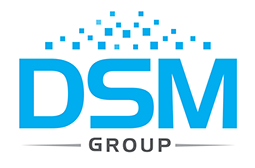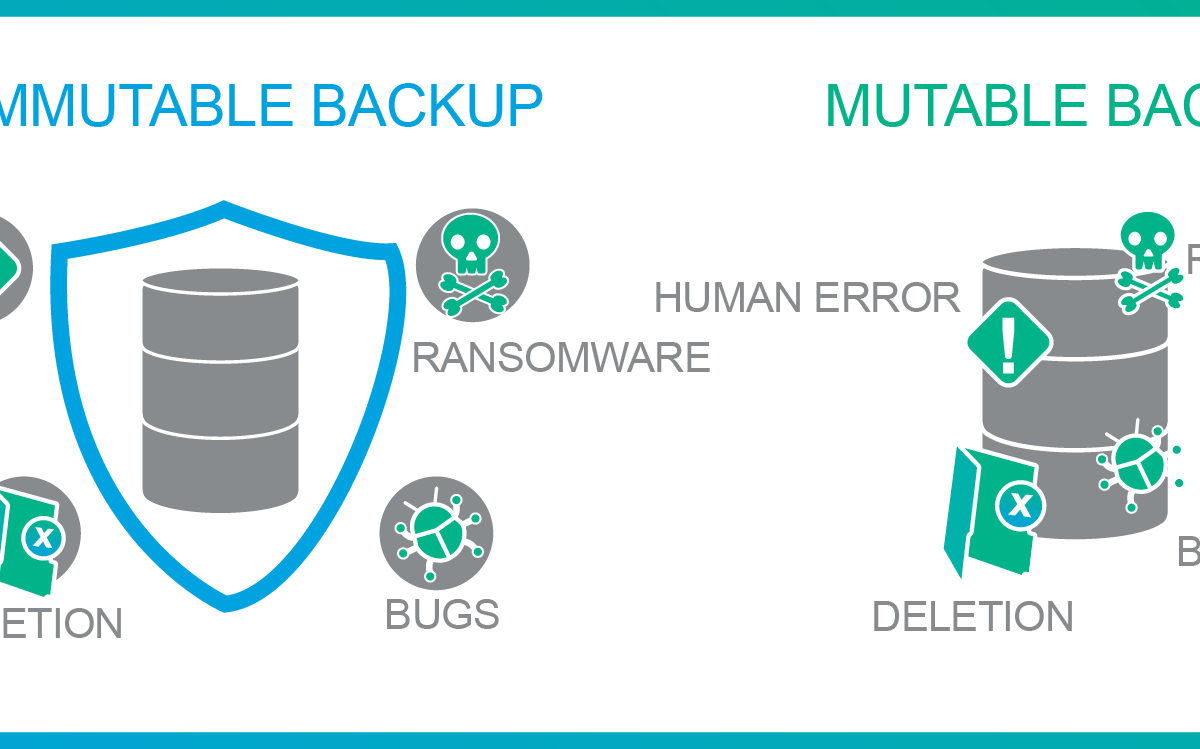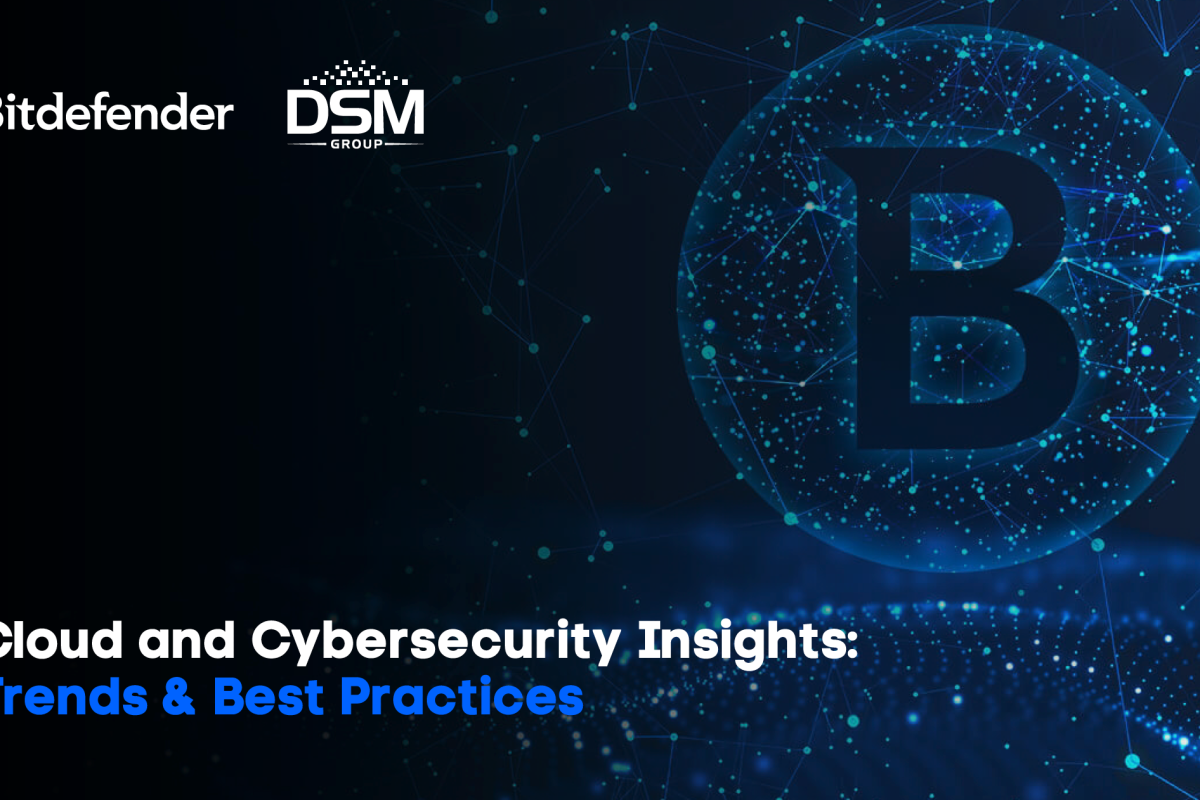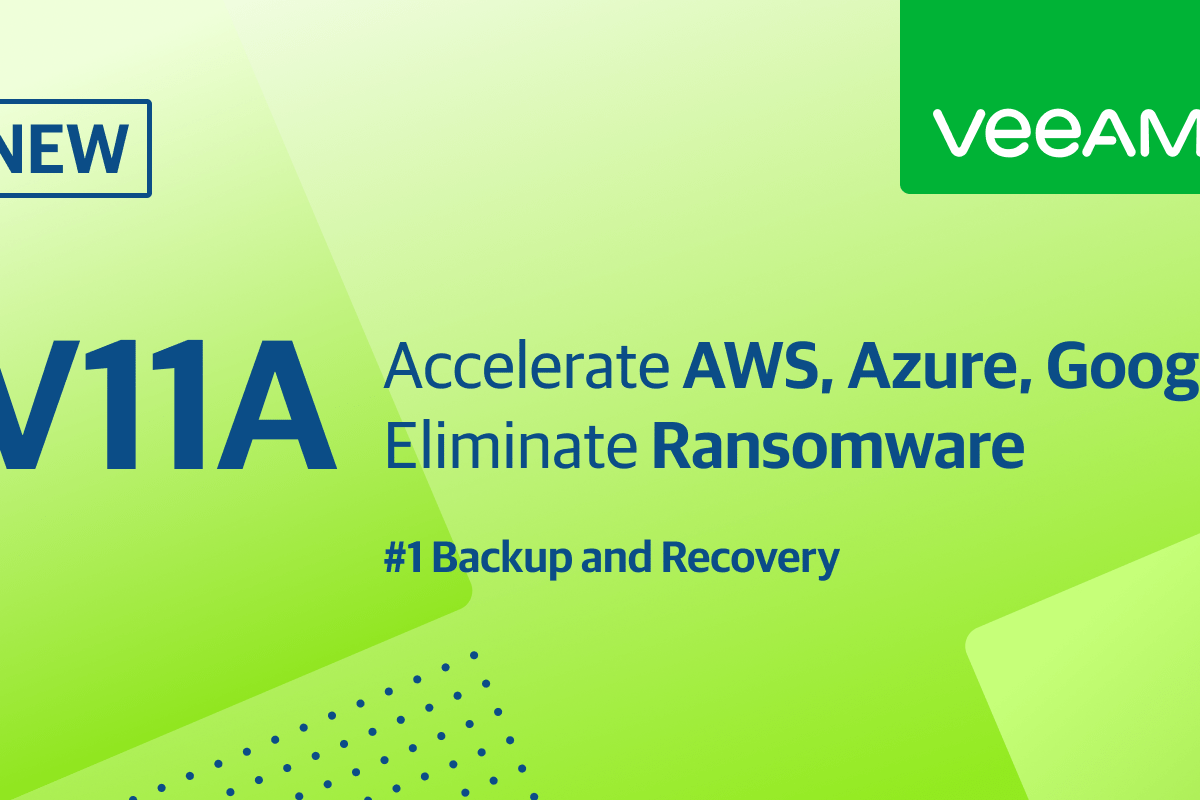In an era where sustainability and corporate responsibility are at the forefront of business considerations, the technology sector is not exempt. Companies worldwide are increasingly recognising the importance of Environmental, Social, and Governance (ESG) factors in their decision-making processes. In the realm of data centre and cloud solutions, choosing a supplier with a robust ESG profile has become more than just a trend; it’s a strategic imperative. This blog post explores the significance of opting for ESG-rich suppliers in the context of data centre and cloud solutions.
Environmental Considerations:
- Energy Efficiency and Renewable Sources:
- ESG-conscious data centre and cloud solution providers prioritise energy efficiency in their operations. They leverage advanced technologies and design principles to maximise performance while minimising energy consumption.
- Choosing a supplier that invests in renewable energy sources, such as solar or wind power, contributes to the reduction of carbon footprints associated with data centre operations.
- Resource Optimisation and Circular Economy:
- ESG-rich suppliers emphasise resource optimisation and waste reduction. Adopting a circular economy approach involves recycling and reusing materials, minimising electronic waste, and extending the lifespan of hardware components.
Social Responsibility:
- Employee Well-being and Diversity:
- Companies committed to ESG values prioritise the well-being of their employees and foster diversity and inclusion. A diverse workforce is indicative of a forward-thinking and socially responsible organisation.
- Assessing a supplier’s commitment to fair labour practices, employee satisfaction, and diversity can provide insights into their overall ESG performance.
- Community Engagement:
- ESG-focused providers actively engage with the communities in which they operate. This can include supporting local initiatives, contributing to educational programmes, and investing in community development projects.
- By choosing a supplier with strong ties to the community, businesses can align their values with those of their technology partners.
Governance:
- Transparency and Accountability:
- Governance plays a pivotal role in ESG considerations. Transparent business practices, adherence to ethical standards, and accountability are critical aspects of a supplier’s governance framework.
- Companies should prioritise suppliers that are transparent about their ESG policies, performance metrics, and long-term sustainability goals.
- Data Security and Privacy Compliance:
- ESG extends to governance in terms of data security and privacy. Choosing a supplier with robust data protection measures not only ensures compliance with regulations but also reflects a commitment to ethical and responsible business practices.
In the dynamic landscape of data centre and cloud solutions, selecting a supplier with a strong ESG foundation is no longer an optional consideration but a strategic necessity. Beyond aligning with global sustainability goals, businesses that prioritise ESG factors in their technology partnerships are better positioned to future-proof their operations, enhance brand reputation, and contribute positively to the broader socio-environmental landscape. In the era of conscious consumerism and responsible business practices, the importance of an ESG-rich supplier cannot be overstated in shaping a sustainable and resilient digital future.








